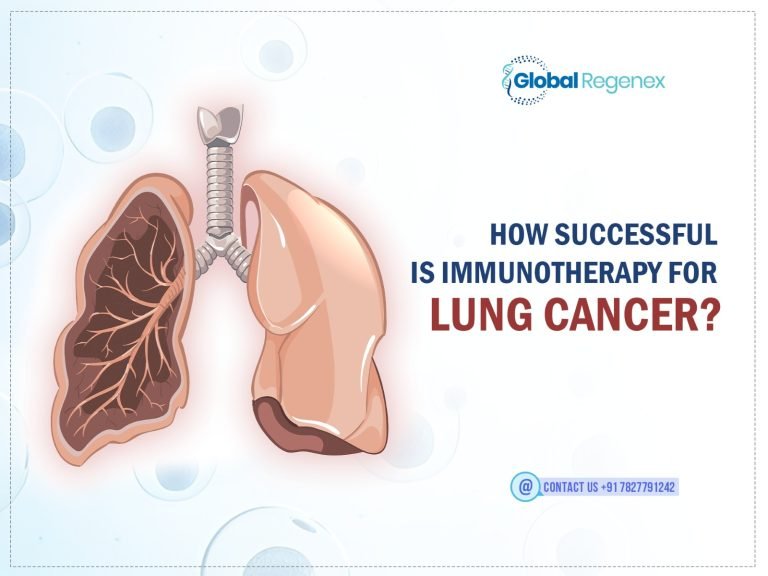How Successful Is Immunotherapy For Lung Cancer?
September 16, 2024
•
Global Regenex
For those battling lung cancer, immunotherapy—alone or in concert with traditional treatments—can greatly enhance results. Lung cancer, the most often...
Read More →


